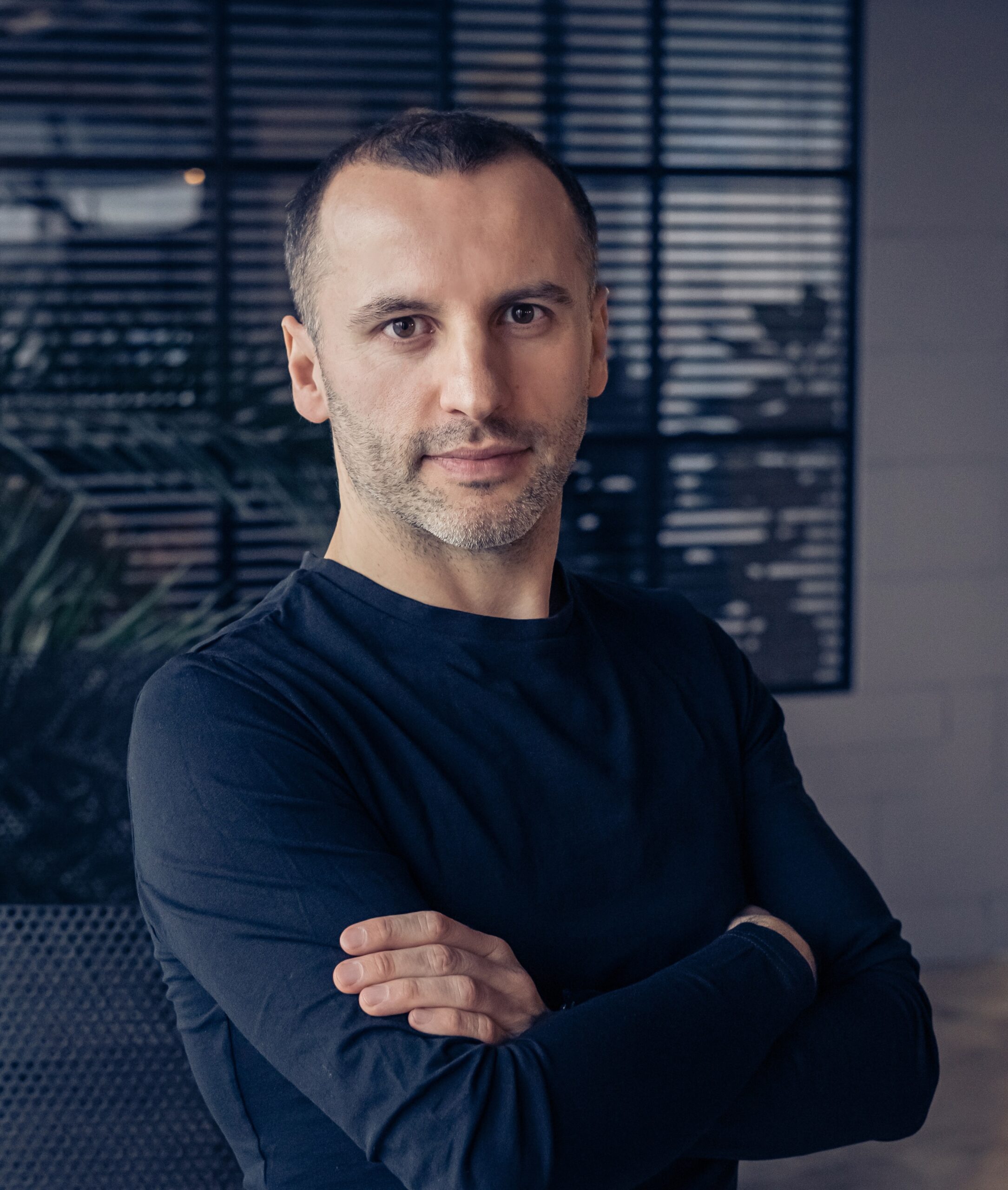Software is something that is present in our lives on a daily basis and this is a simple fact. Nowadays it is really hard to imagine our lives without a laptop and/or phone. And thus without applications and information systems. More and more applications are being developed that support business in different areas but also respond to our daily needs. Often we do not even realize that we need an application. And here, at the same time, we use it for a while and we no longer see the possibility of living without it. But what if we need something more – more specialized? Or in case when we only need a fragment of an existing application and we do not want to pay for the whole package, because we know that we will only be using 20% of its possibilities.
By reading this article, you will get to know:
- What is the role of a business analyst in the process of developing mobile applications and information systems?
- Why are the most obvious solutions not always the best?
- What benefits can a business analyst bring to the design process?
In such a case, it is worth looking for a company that will make such an application for us. Billennium has many years of experience in providing IT solutions and can boast a really sizeable portfolio of specialists.
Ideally, if we know exactly what we want and what system we will need. It is worse if we do not have such knowledge. Or perhaps we already have our vision, but in the course of its implementation it turned out that the next topics are coming at an alarming pace and as a result we lose sight of our primary goal.
In such cases we would like someone to help us and provide some advice. After all, not everyone is good at everything. And in case something goes beyond our area of expertise, we will look for the best of the best – a professional to help us. The question is: if we find a professional who will provide us with exactly what we asked for, will we be satisfied? What if it turns out that we got something we can’t use because it is not for us? We would like to avoid such situations.
Is that what I want, and at the same time what I need?
Let’s consider whether “I want” and “I need” in the context of developing applications and systems that respond to specific business needs can be used interchangeably? Often people see IT as a necessary evil: “I know that I need it. But I don’t understand it and it’s difficult”. During my studies I had a lecturer who repeated: “Dear colleagues, if you cannot explain complex issues in a simple way, you do not understand them”. In my opinion this is very true. Let’s apply it in our case and give computer science a more human face.
Let’s assume that we need something that allows us to move from home to work. One of the possibilities could be a car. My colleague has his own car, which allows him to get from home to work. And even from work to home… Well, that’s perfect! Simple conclusion: I want a car too. The question is, do we really need a car? Maybe in our case we only need a bicycle, because the distance to work is not long and we care about the environment?
And here we reach the point: what we want as a customer is not always what we really need. In other words, it is not always the most obvious solution, it is the best one that takes all our needs and expectations into account. A good thing is that we have the time and opportunity to analyze the issue ourselves and make the right decision. However, what if the topic is more complex and we lack the knowledge/experience/time necessary to make the right decision? After all, as a client I do not want to pay for something that I will not use. I would like someone to help me, to present the pros and cons, possible scenarios and costs, so that I can make a conscious decision. And this is where our Business Analyst comes on stage. For the purpose of this article, let me use the abbreviation BA (from English Business Analyst).
A BA’s task in an IT project is first and foremost to support the client and ensure that the system that will be delivered to them is exactly what they “need”, And not necessarily the one they thought they “wanted”. A BA works independently of the technology used to build the system. It is mainly focused on understanding the customer’s needs. What problem does the new system have to solve, what has been missing so far, or are there other needs it has to respond to? And last but not least: what made the client decide to look for a new tool? Only by understanding the problem the client is coming to us with will we be able to propose the right solution. And that’s really all there is to it. Or is it?

Understanding the need is only the beginning of the road
Ultimately, had it been so easy to determine what I need as a customer, I wouldn’t have needed a specialist for that. Well… it’s not always that simple. Besides, it’s not only a matter of determining what is needed, that is just the beginning. A very important beginning, but only the beginning.
Understanding the basic need that lies behind the fact that the client is looking for a system we have only the starting point. The need is one thing, but the requirements also go hand in hand with it. And there can be really many of those. Even a seemingly simple requirement, such as the presentation of the daily schedule in the calendar, can affect many areas on many different levels.
For example, we may need to integrate with another system to get the calendar from it. We often have both private and professional calendars. Many times, working with several clients of such calendars we may have more, because we maintain a separate calendar for each of them. And it suddenly turns out that a number of other, more or less complex requirements come out of a simple request.
At the same time, we can’t miss anything, because everything is important to me as a customer. And this is also the task of the BA. It is this person who will help to collect all the requirements, define them, write them down and organize them. He will also make sure that each of them is properly handled.
The thing about priorities
Are all my requests as a customer important? Of course, they are! Can we skip something? Of course, we can not! A situation in which we unconsciously skip anything is unacceptable. I deliberately use the word “unconsciously” here. It is the BA that is supposed to be aware of what the system is supposed to accomplish and what needs to be addressed. We have already told ourselves that all demands are important.
The question is, do we have to implement them all right away? Well, maybe not necessarily anymore. The requirements can be divided into those without which the application is not valid and those without which we can still operate the program, but it will not be a pleasant experience.
There may also be requirements that are worth meeting, but in general we can do without them for a while. And we can prioritize them in many different ways. Do I, as a customer, need to know how to do it and remember it? No. It is a BA’s responsibility to help the client make these often difficult decisions.
After all, if we don’t do something now, it will not happen, and I as a client would like to have everything covered. And at the same time I would like to have it and not wait indefinitely for the system to be delivered to me. What if the company delivers my dream system in X years. I need it now, because in X years’ time my needs may be completely different.
In that case we have to determine if all requirements are equally important. What we can deliver later, and what is necessary from the beginning. A BA also helps to organize the requirements, prioritize them and arrange them in a logical order. Such a coherent list of system functions is called a product backlog. And it is the BA that is responsible for building it.
Building and managing a backlog is a complex topic that deserves a separate article. That’s why i will take the liberty of suspending this point and conclude briefly.
Is BA a specialist who is worth involving in an IT project?
In my opinion, the most important thing as an analyst with 11 years of experience is not for the client to buy the system. My priority is to make sure that the customer is satisfied with the purchased system. I am very happy to see that the solution we worked on together with the client is being used.
I am extremely pleased to hear from the users that this system is for them, that it is simple and delivers exactly what they needed. To be completely honest? That’s when I feel that I did my job as a BA. And this is the moment when I find out that I am really needed as a BA.

















